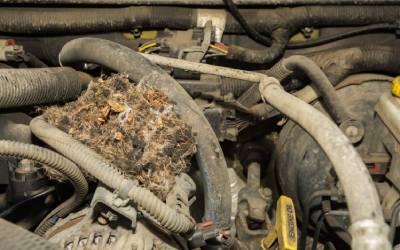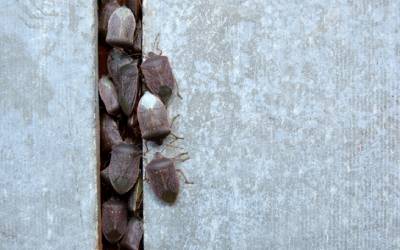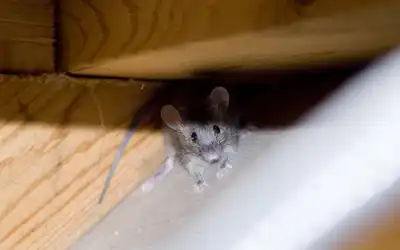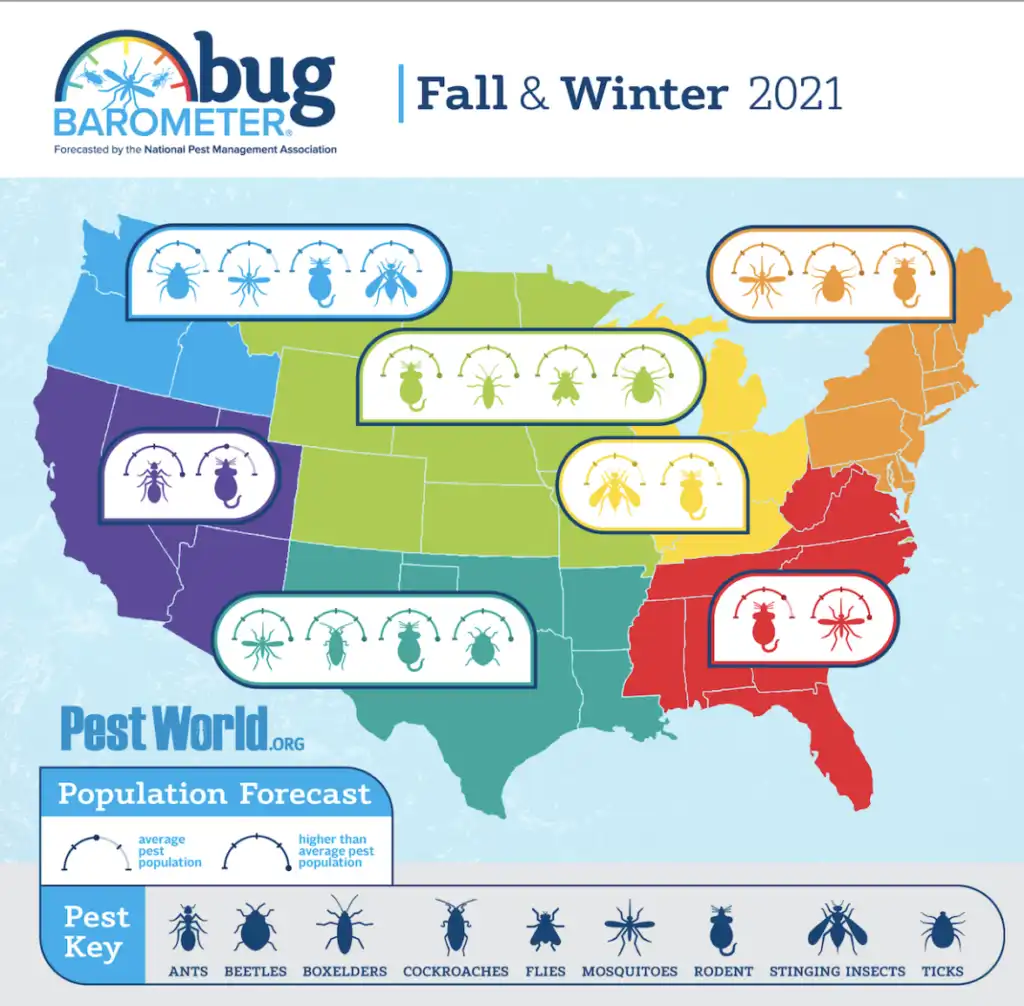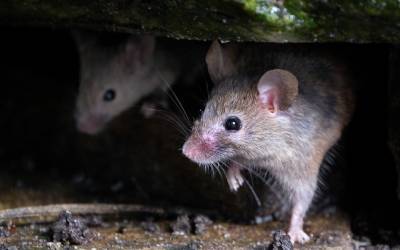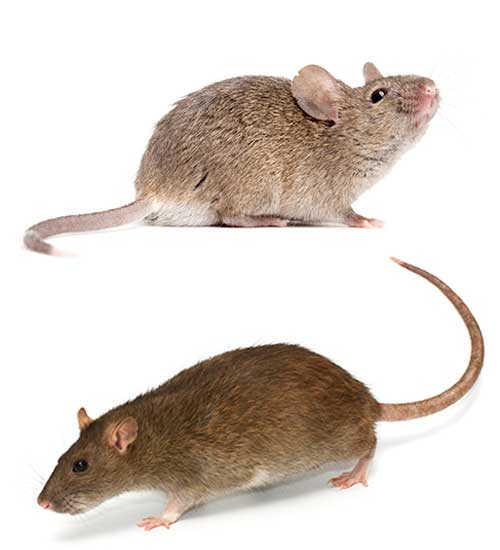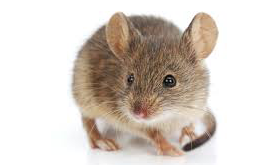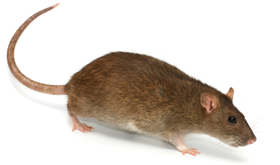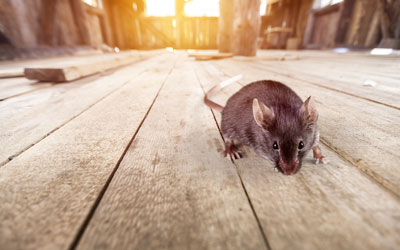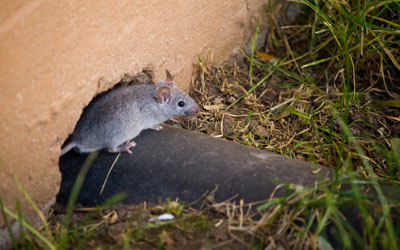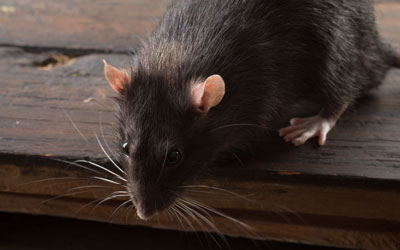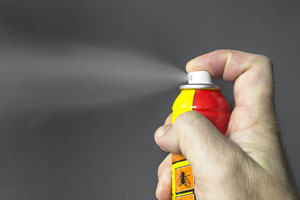It gets cold here in Wisconsin during the winter. We may be able to bundle up with scarves and heavy jackets, but the animals like rats and mice cannot. Because of that, they’re left to do whatever they can to stay warm. So, by leaving your car out on the street or in the vicinity of unsecured food, it turns into the perfect cozy spot for them to nest and feed. And you don’t want to play chauffeur for a colony of rodents. Not only would doing so be unpleasant, but it also puts you and your passengers in danger. Batzner Pest Control knows a lot about rodents, and we’ve been handling rat and mouse infestations since 1946. With our help, we can keep them out of your house and away from your vehicle. But before you call for our services, you should know a few things. Let’s talk about the warning signs of rats in your car, the risks that come from their presence, and what we can do to make your life easier and more comfortable.
Signs of Rodents in the Car
At their core, rodents are concerned with three things: eating, nesting, and defecating.
Rats and mice both have incisors that are constantly growing from birth to death. So, to prevent discomfort, they have to constantly be chewing on pretty much anything to grind them down. This could result in them eating through the crucial wires and hoses in the structure of your car. It may also be beneficial to check your insulation and upholstery, as these are two materials most commonly torn into for nests. Rodent nests in the car are usually located around heat sources, such as the heat ducts, engine compartments, or under the center console. And if you find any droppings (ranging from the size of a speck of coffee to a grain of rice), this is also a major indicator of rats or mice in your car. Regardless of what it is, if you suspect rodents in your vehicle, don’t wait to act. With the amount of time we spend in our cars steadily increasing, it’s more important than ever to make sure the vehicle we operate is running safely.
Risks of Rodents
Do you have to treat rodents in the car? With so much going on, it’s all too easy to turn a blind eye to these furry hitchhikers. This plan of action may only compound your problems. If there are rats or mice in the structure of your car, it’s only a matter of time before they bite through something valuable or mechanically important. Maybe you see that the plastic paneling on the dashboard is chewed up. That might not be too big of a deal in your eyes. But for every visible sign of damage, there could be something else you might be missing. And the last thing you want is to realize your power steering line has been severed when you need it most.
We all know that mouse poop is just gross. What you might not know is that it’s also a carrier of potentially fatal illnesses like hantavirus and salmonellosis. So if you leave them in your car, you’re circulating pathogen particles in the air. A professional can safely sanitize your car. The right team will know how to remove existing rodents and deter more from taking their place. And if you’re looking for the best and most comprehensive rodent pest control in Wisconsin, Batzner Pest Control is here.
Batzner for Rodent Pest Control
If rats or mice get in your car, you run the risk of them migrating into your house. If that happens, the Batzner team is well-equipped. We can implement exclusionary efforts to make it so your home is far less appealing to rats and mice. We know how stressful it can be to deal with rodents on your own – so you shouldn’t have to. Instead, trust the team with more than 75 years of experience eliminating rodents in Wisconsin. With our help, you can enjoy the thrills and convenience of the open road in your car without any rodent passengers. Want to know more? Contact us today to get started!

